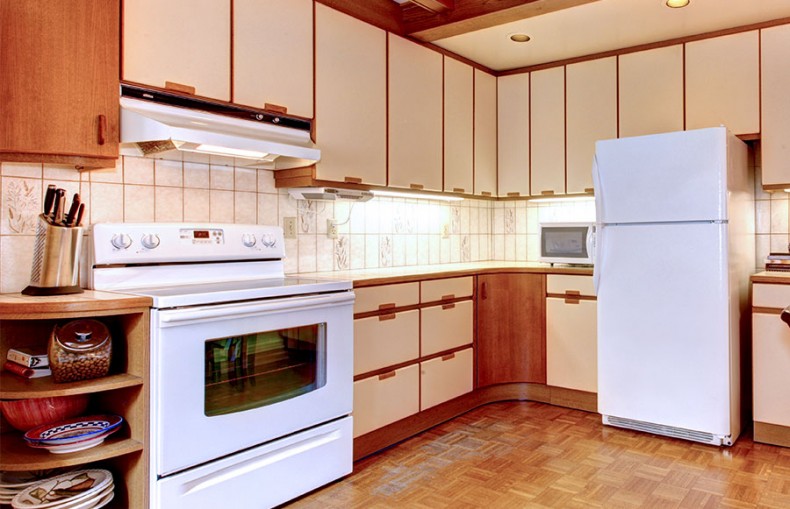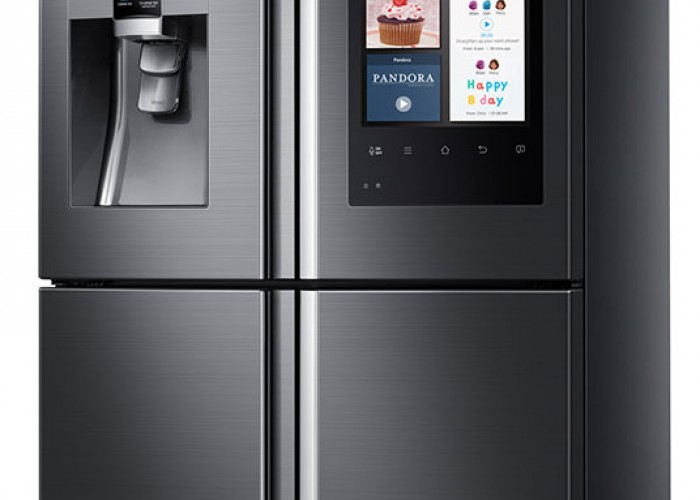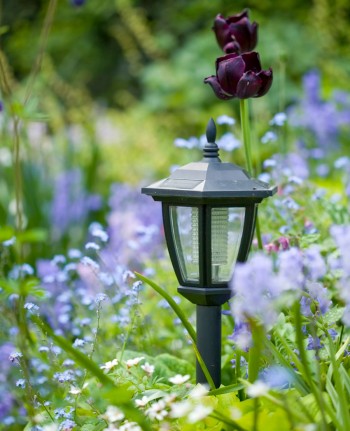Should I Vent My Range Hood?
Venting a range hood can cause a small but necessary energy loss
By Advanced Energy
Q: I am worried about heat loss during winter (and cool air loss in summer) if I vent my range hood outside. I am installing a hood and microwave combo, have a vent duct, and can go either way. Is there much of a loss, even when the fan isn't operating.
A: Great question, Bob. Building scientists defer to the ethos “First do no harm.” As we prepare food, we often incur heat gain and lower indoor air quality due to possible combustion byproducts from a gas cooking surface and a short-term bump in indoor relative humidity (RH). A vented range hood is designed to remove these potential combustion byproducts from the living space when gas is used and to manage the increased indoor RH often realized from all cooking surfaces. It is also key for those who, like me, aren’t top chefs and sometimes need to exhaust smoke from failed cooking adventures.
The general principle of an exhaust system suggests that removing these indoor pollutants provides a net gain in indoor air quality and RH levels. An added benefit may be the ability to remove additional heat gained in the kitchen while cooking in the summertime, especially in warm, dry climates. If you opt for a ventless setup, there is no opportunity to remove these indoor pollutants.
You are correct in assuming there will likely be some energy penalty due to the heat loss/gain attributed to the penetration to your thermal envelope. This is due to the laws of thermodynamics: that hot moves to cold and wet moves to dry until equilibrium is reached. Your home likely does not often have the exact same air temperature and RH as the outside, and thus the laws of thermodynamics will be in play when the range hood isn’t on.
You will likely notice this effect during the hottest and coldest months of the year, but some air leakage may be present year-round. To help mitigate this issue, there should be a damper (sometimes two) that provides a buffer from the outside air, theoretically sealing the duct when the system is not in use and blowing open when the range hood is on. In practice, there is rarely a complete seal and you will see some air leakage into/out of the conditioned space.
In summary, will there be an energy penalty to a vented range hood? Almost certainly. However, indoor air quality and occupant health and safety are the primary concerns and functions of a properly installed vented range hood. How much of a penalty will there be? Unfortunately, there is no universal answer to this. The leakage rate depends on a number of factors, including duct diameter, indoor and outdoor temperature and RH, location of ductwork, number of house stories, location of kitchen, outdoor wind speed, site elevation, and exposure/shielding. Those interested in learning more can reach out to Advanced Energy at advancedenergy.org/athome.
-
Range hoods and other kitchen appliances
-
Share this story:




